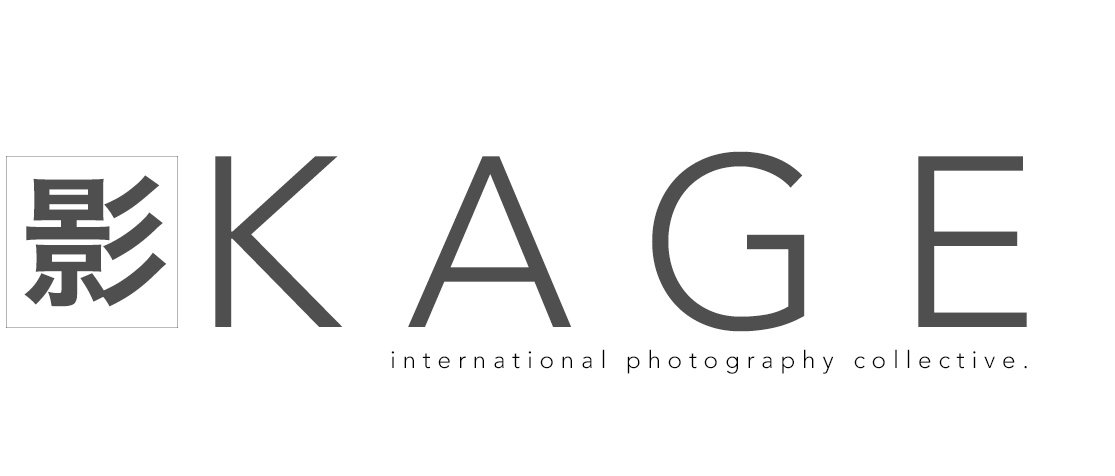BY ROBERT CATTO
To suggest that there’s been a lot going on in 2020 so far would be, well, the understatement of the year.
We drove inland from Sydney on the weekend to visit a friend (now that we’re allowed to travel locally), passing through lands that were scorched by the bushfires in December and January, flooded with rain in February, and quarantined for coronavirus ever since.
We travelled through country that has been occupied by Aboriginal families for 65,000 years; I could look up the names of the trees, the plants, the hills that we saw as we went by, but I’d likely just get the English word for them.
There are other languages on this land, with far longer histories here; but we don’t value them equally.
What I was thinking about on this trip was, ironically, all the things I don’t need to think about. The many, many things that are just easier for me, as a whitefella in Australia—even as a recent migrant.
at no point did the rental car company question my driving record, where I was going, or whether I’d bring the car back on time;
we were not followed by security around the casino where I picked up the car;
at a restaurant, nobody asked if we had a reservation, if we’d been there before, or if we needed help with the menu;
no-one at a nearby table looked at us wondering if we were in the right place, or asked to be moved to another table further away from us;
we had exactly zero interactions with police (though I saw many cars on the road), and if we had, I would not have been afraid to reach for my wallet;
at no time were we the only people who looked like us.
These are just a few examples, obviously—but the colour of my skin has carried with it, throughout my life, a presumption of innocence that others haven’t been privy to, for no other reason besides genes. We may have lived in the same neighbourhoods, or gone to the same schools, but the world we experienced was different.
In the past week, within a block of our apartment, a sixteen year old Aboriginal youth was slammed to the ground face-first by police; and, while we were away, protesters were pepper-sprayed at Central Station after a Black Lives Matter rally. Neither of these things have ever happened to me, in eight years of living here.
A study in the Guardian found 75% of Australians are biased against Indigenous Australians; another report showed there have been 437 Aboriginal deaths in custody since 1991, and that the rate of incarceration for Indigenous men had doubled in that time; but just yesterday they also reported that most Australians believe there is institutional racism in the US, but not here.
For myself, I understand now that it’s not enough to try to treat everyone equally, on an individual basis; the inequality that has been built over centuries needs to be actively addressed. I don’t know what that means from the perspective of my own work, or my way of living; but I want to learn, to find ways of doing more.
I live and work on Gadigal land, in the Eora nation; this essay features images of Dharug and Wiradjuri lands. I can find their names, but I should know more about them.
We may live in complex times; but it’s us that needs to change.
Black lives matter.
Footnote: in no way is this meant as a claim to be better/more ‘virtuous’ than anyone else, or to make this moment in history about myself; my hope in writing this is simply that someone else like me (white, male, ~50) will feel a sense of recognition, and start to think about things they might be able to change in their own way of living. If I can change, perhaps others can too.
I don’t expect it to be easy, or comfortable; but, isn’t that just another form of white privilege, the idea that we can ‘leave politics out of it’, or stop watching the news if it’s too confronting? Having the option to choose whether not to get involved is exactly the point—lots of people don’t get to make that choice.
Some starting points:
Lori Lakin Hutcherson: My Black Opinion on White Privilege
A collection of anti-racism resources: bit.ly/ANTIRACISMRESOURCES
An outstanding monologue by Aboriginal writer/actor Meyne Wyatt on Q&A
An open letter from BIPOC artists to White American Theatre
Barani: Sydney’s Aboriginal History
Former Prime Minister Paul Keating’s Redfern Speech (1992)










